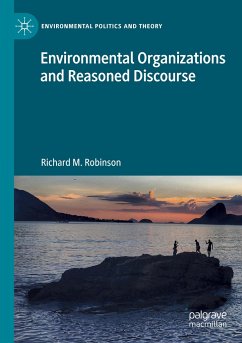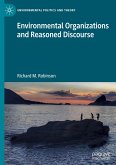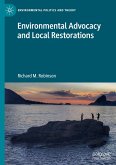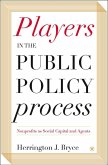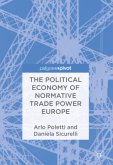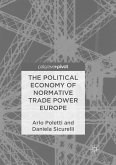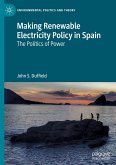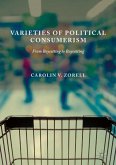This book explores the meaning and role of "fair and reasoned discourse" in the
context of our institutions for environmental decision processes. The book
reviews the roles of our "environmental advocacy organizations"-such as The
Sierra Club, The Audubon Society, the Environmental Defense Fund-in providing
and ensuring that our discourse and decisions are fair and reasoned according to
the criteria of being (i) inclusive of input from all affected, (ii) informed of relevant
scientific and socio-economic information, (iii) uncorrupted by direct conflicts of
interest, and (iv) logical according robust review by uncorrupted judges. These
organizations are described and examined as expressions of "collective imperfect
duty," i.e. the coordinated duties with environmental direction. The current state
of our discourse is examined in light of this fairness criteria, particularly in
consideration of the cross-border problems that threaten tragedies of the global
commons.
context of our institutions for environmental decision processes. The book
reviews the roles of our "environmental advocacy organizations"-such as The
Sierra Club, The Audubon Society, the Environmental Defense Fund-in providing
and ensuring that our discourse and decisions are fair and reasoned according to
the criteria of being (i) inclusive of input from all affected, (ii) informed of relevant
scientific and socio-economic information, (iii) uncorrupted by direct conflicts of
interest, and (iv) logical according robust review by uncorrupted judges. These
organizations are described and examined as expressions of "collective imperfect
duty," i.e. the coordinated duties with environmental direction. The current state
of our discourse is examined in light of this fairness criteria, particularly in
consideration of the cross-border problems that threaten tragedies of the global
commons.

